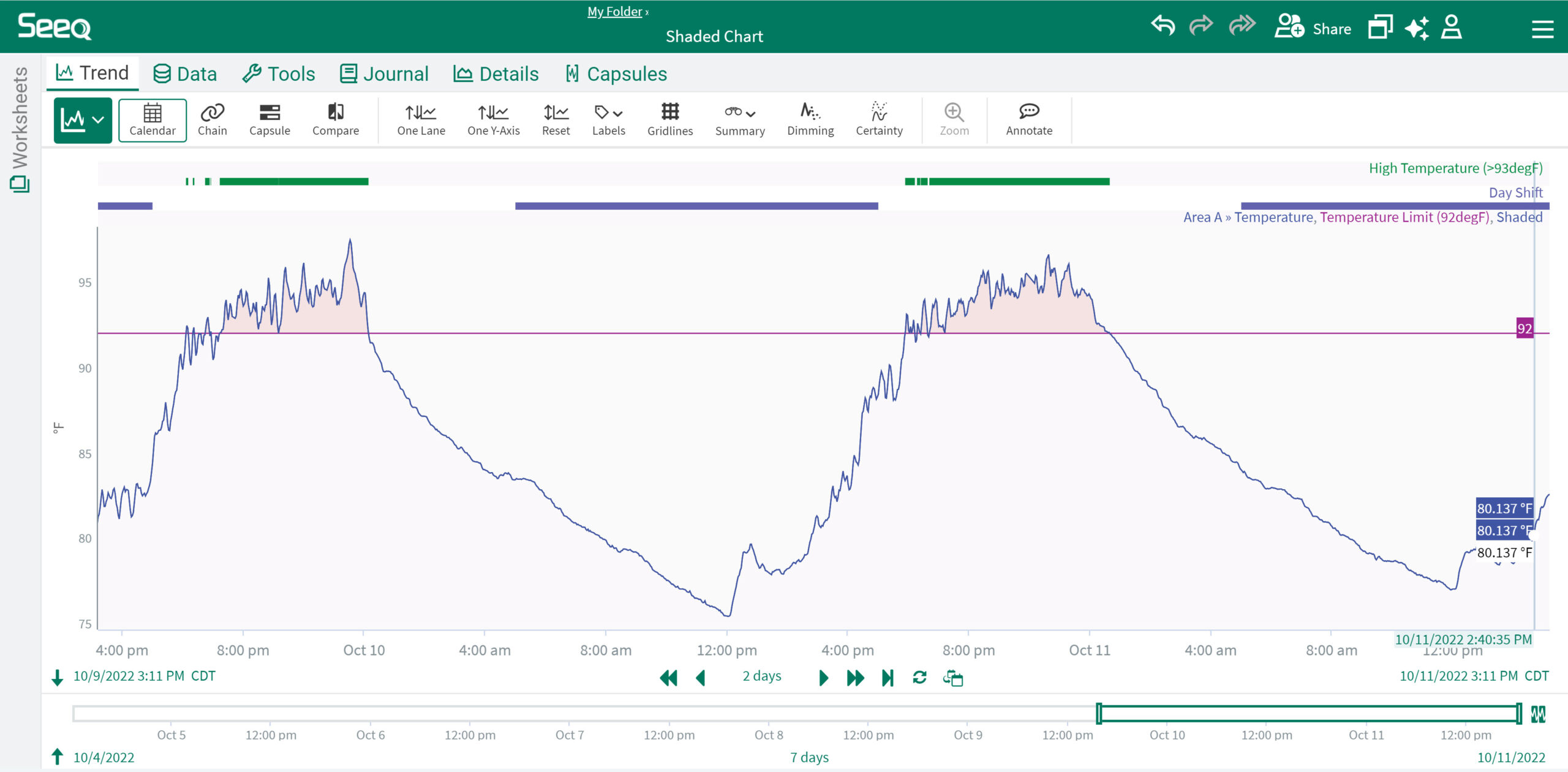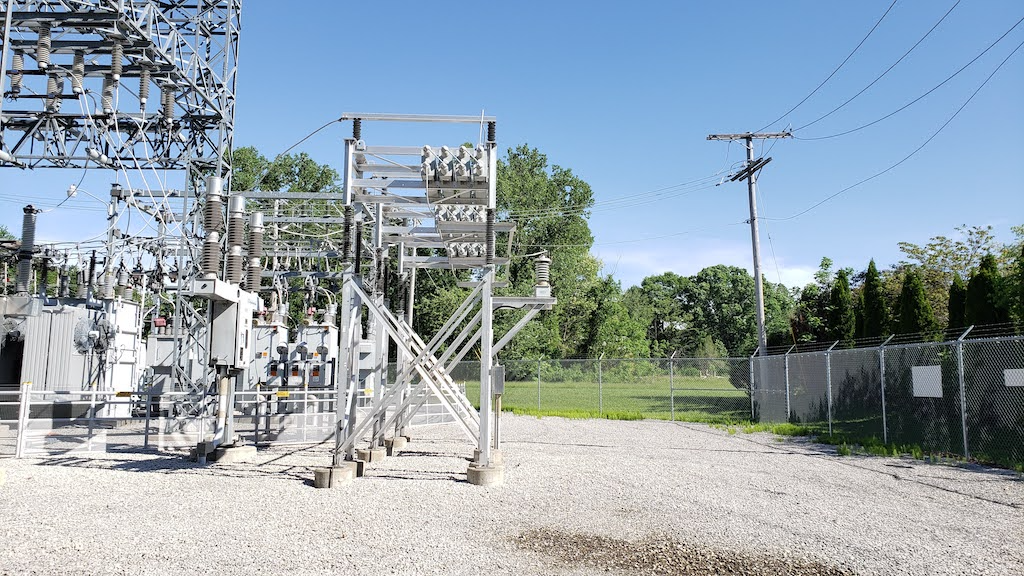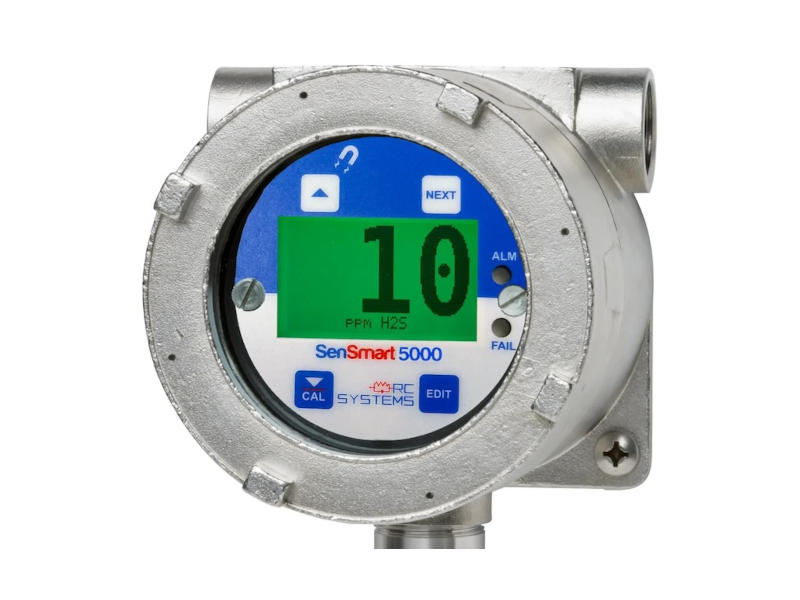EDITOR'S NOTE: This column is the second in a series of columns based on the book, Future Capable Company: What Manufacturing Leaders Need To Do Today To Succeed Tomorrow, by Dr. Tompkins. These excerpts are provided through special arrangement with the publisher, Tompkins Press. Copyright c 2001 Tompkins Press.
As product customization and customer-ready product preparation become postponed until the last possible minute, traditional roles in manufacturing become less of a means of securing competitive advantage. How can a manufacturing organization secure this advantage if everything that has allowed it to compete in years past is no longer viable? By becoming a Future Capable Company.
A Future Capable Company is on a never-ending journey of continuous improvement. It produces quality products, satisfies customers, identifies manufacturing as a strategic strength and an important link in the synthesized supply chain, increases its return on assets, and reduces costs.
Becoming a Future Capable Company requires a consistent direction, shared by the entire organization. Manufacturing managers, conferences, speeches, and books often get sidetracked on macroeconomic issues that, although interesting, are inconsistent with this shared consistent direction and are, therefore, irrelevant to your path forward.
Responding to Change
To respond to Change, the Future Capable Company must be:
-
Flexible—able to handle a variety of requirements without being altered. This means using manufacturing systems that are “soft” and “friendly,” rather than “hard” or “rigid.” They are able to address changes in variety and handle products that vary in size and features.
-
Modular—accommodating fluctuations in volume. Modular manufacturing operations can produce more or less of a product without changing the method. Systems operate efficiently over a wide range of operating rates.
-
Upgradeable—gracefully incorporating advances in equipment systems and technology so that operations are able to move to the next level without stumbling or hiccupping and with little downtime.
-
Adaptable—taking into consideration the implications of calendars, seasons, and peaks and recognizing that product demand varies greatly over time and the ability to adjust accordingly.
-
Selectively operable—operating in segments, allowing for implementation of one segment at a time without degradation of the manufacturing process. Selective operability requires understanding how each segment operates, and it allows contingency plans to be put in place.
-
Automation supportive—supporting the implementation of automation throughout the company and beyond, as well as being able to integrate and interface with all automated elements.
-
These qualities allow the Future Capable Company to pursue a process of continuous improvement to address the ongoing, never-ending pace of change.
The 12 Requirements of Success
Dynamic consistency means having a consistent company direction. At Dow Jones, this is referred to as the “bedrocks.” At Toyota, it is “the philosophies of business.” The Future Capable Company has “12 Requirements of Success”:
1. Cost. Scrutinizing transportation, acquisition, distribution, inventory, reverse logistics, packaging, and manufacturing and examining the supply chain for ways to significantly reduce costs and increase profitability is essential. The Future Capable Company recognizes that cost reduction within the plant is of value only if those lower costs are passed along the entire supply chain.
2. Customer satisfaction. This is an ongoing, escalating process of meeting customer requirements and exceeding customer expectations. Future Capable Companies are responsive to customer needs through customization. They understand value-added activities, and are flexible, modular, and adaptable. The Future Capable Company strives for high quality while maintaining high value.
3. Global. Business no longer has borders. The Future Capable Company must realize that success depends heavily on an integrated global strategy. To reach its full market potential, the Future Capable Company must reach out to other countries and push aside boundaries to promulgate its goods and services. If you are not everywhere, you are nowhere.
4. Speed. Today’s business climate may be described in the words of three-time, national, off-road motorcycling champion Chris Stewart: “If you go slow, you will fall.” Future Capable Companies must be able to “ride fast,” to use BTO, to respond to the customer, and to be quick. As John Chambers of Cisco Systems says, “It’s not the big that beat the small, but the fast that beat the slow.”
5. Certainty/Change. A Future Capable Company must manage certainty by establishing, accepting, and following standards of performance. When activities conform to well-established and clear standards, errors, disruptions, and crises are rare. Change must be expected, harnessed, and responded to smoothly, however.
6. Control. A Future Capable Company must practice control with a straightforward and transparent inventory control system, efficient material flow, and up-to-date and upgradable material tracking and control while simplifying all processes.
7. Balance. Future Capable Companies must have balanced manufacturing and supply chain operations that result in drastic inventory reductions. They have no need for large inventories and will achieve balance throughout the supply chain while exceeding customer expectations.
8. Quality. The Future Capable Company must reject the various quality crusades and the quality hype of the last several decades and work to understand that quality is conformance to customer requirements. It must then put a continuous quality improvement process in place.
9. Maintenance. The Future Capable Company must fully understand the scope of the maintenance management process because maintenance is much more than just the care of physical assets used in a production operation. Maintenance for the Future Capable Company combines reliability, predictive maintenance, and preventive maintenance to create high levels of uptime and productivity, anticipate potential problems, and minimize future problems. Maintenance and operations must be integrated and function as a supportive team through improved planning, scheduling, and cooperative, team-based improvement efforts.
10. Human Capital. Future Capable Companies must view employees as their most important assets, because without this commitment, continuous improvement will not be achieved. Organizations must value intellectual capital and secure its growth by making sure all employees are satisfied, happy, and challenged.
11. Continuous Improvement. With the pace of Change and the rate of innovation, what is a great process today will be suspect in a few months and obsolete shortly thereafter. The Future Capable Company must be aware of this and continually evaluate, analyze, and improve processes.
12. Synthesis. The Future Capable Company must synthesize all functions. It must strive to achieve Supply Chain Synthesis by making sure that decisions are made in the context of the supply chain and the needs of the ultimate customer.
Lead On
No company can meet the 12 Requirements of Success without leaders to hold up the vision of the Future Capable Company, remind people of its benefits, set the Future Capable Company path forward, and reward faithfulness and courage. Future Capable Company leaders should exhibit energy, intensity, passion, and determination to continuously aspire to their vision of the Future Capable Company.
Leaders who can create a Future Capable Company must have:
-
Integrity—they must live and tell the truth.
-
Credibility—they must be accountable, genuine, and open.
-
Enthusiasm—they must show their excitement about the future.
-
Optimism—they must focus on success.
-
Urgency—they must know that the only way to impact the future is to act today.
-
Determination—they must step forward in the face of doubts and uncertainties to accept risk and move forward. In other words, they act.
-
Relying on these characteristics, the Future Capable Company leaders must motivate by the way they communicate, work, and treat others. They must recognize the importance of effective communication and arm others with the certainty and control that allows them to harness the energy of Change. When these leaders make decisions, they must adhere to the three rights: the right decisions at the right time communicated to the right people.
Those who lead a Future Capable Company must also be able to revolutionize their organizations. This means going beyond simple cultural changes and perceptions and transforming the rules, habits, procedures, standards, norms, rewards, language, jargon, stories, expectations, ceremonies, and titles that affect cultural conformance, organizational behavior, and organizational performance. The foundation for this must be the shared, consistent direction discussed earlier in this chapter. The leaders must be responsible for aligning everyone with a commitment to dynamic consistency and to the ultimate customer.
The 12 Requirements of Success for the Future Capable Company are not quick fixes; they must become the company’s heartbeat. That is why quality leaders are so important. If you are ready for this way of life and you have the committed, quality leadership necessary for becoming a Future Capable Company, then you can get started.
Author Information Dr. James A. Tompkins is the president and founder of Tompkins Associates, a leading global consulting, implementation, and integration firm focused on total operations success. Future Capable Company is available from Tompkins Press, 2809 Millbrook Rd., Raleigh, NC 27604. Phone 800-789-1257, fax 919-872-9666, tompkinsinc.com . $24.95.
-



